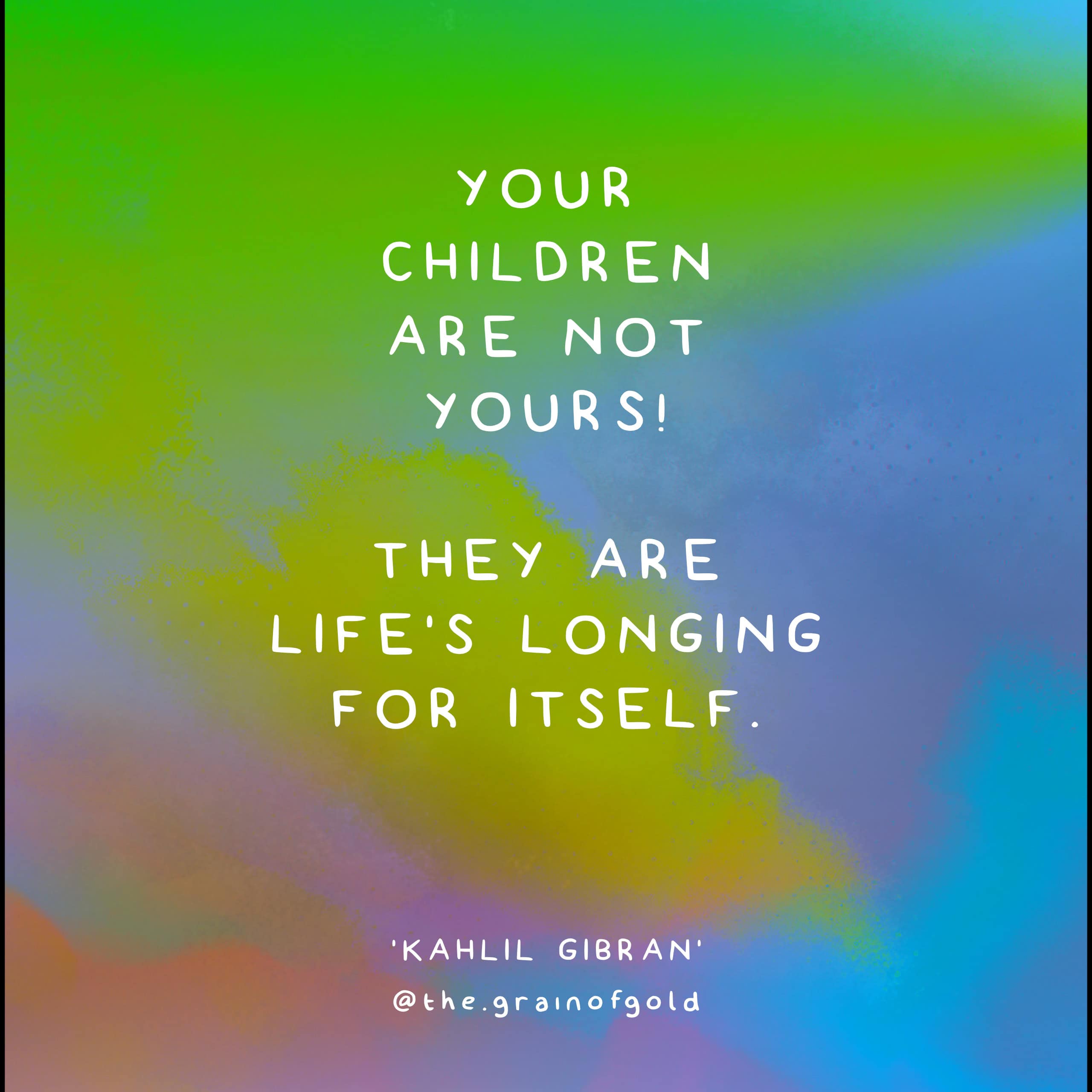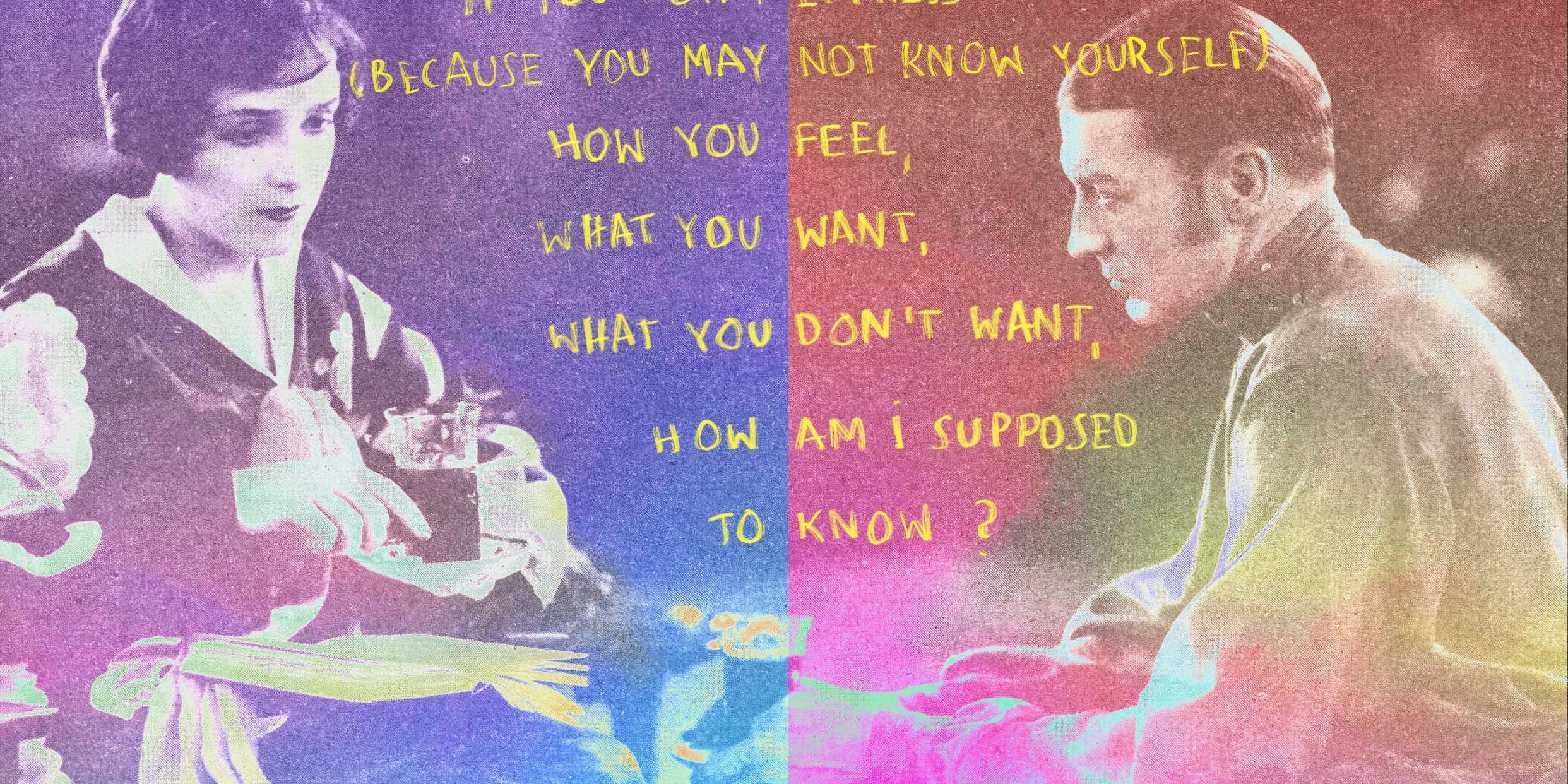Children are not possessions
Children are not possessions. They are beings in their own right.
Children are individuals with their own unique setups, separate from their parents. They aren’t extensions to be formed by desires, expectations or traditions from the parents.
When parents impose specific ideas and concepts on their children, such as how they should be, who they should become or what they should achieve, they – even unintentionally and unconsciously – objectify them. This means treating children more like objects to fulfill certain roles or dreams rather than acknowledging their individuality and personal aspirations, which can be very harmful.
If children feel pressured to meet these ideas and expectations, they might not explore their own passions and abilities. This can also lead to low self-esteem, as constantly trying to live up to someone else’s expectations can make a child feel inadequate or unworthy.
The parent-child relationship can suffer as well. If children feel they are not accepted for who they are, this can lead to resentment and a lack of trust between them and their parents.
When parents impose specific ideas and concepts on their children, such as how they should be, who they should become or what they should achieve, they – even unintentionally and unconsciously – objectify them.
Guidance could be about helping children explore their potential, not controlling their outcomes. This means offering support and resources without imposing expectations.
Think of parents as gardeners, stewards, custodians or guardians who provide love, support, and a safe place to grow and know themselves.
It’s important to respect children as unique beings and help them become their own people. This helps them grow into creative, independent, and resilient adults.
Letting go of too much control and trusting in their children’s natural growth can bring peace. It also recognizes the interconnectedness of all life.
Parenting is about balancing independence and support. It’s about helping children find their own paths while still being there for them. This helps them become fulfilled individuals who contribute to the world.
You may also like
Just say what you want, and you might even get it
Have you ever found yourself in a situation where it feels…
We are all giants
While we might identify ourselves with our small egos,…
Hip, Hot and Holy – part 1 – High-flying gurus and their schemes
Two slanted almond-shaped eyes, rimmed with kohl were like…





